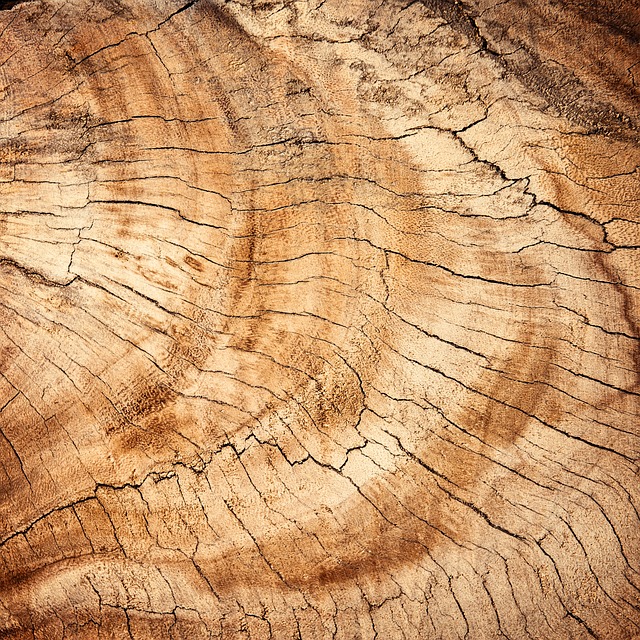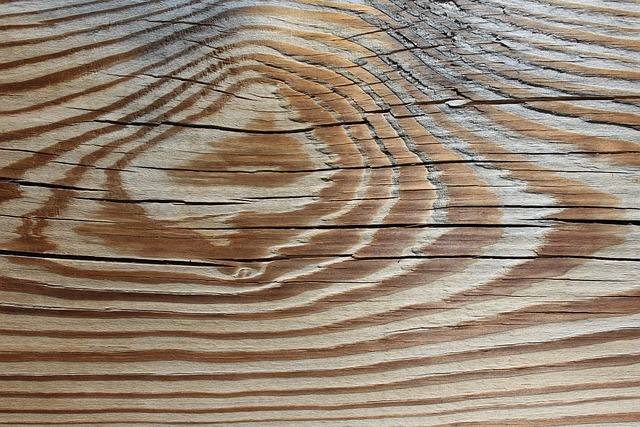An age old debate?? Not really. However, there’s always questions we get when folks ask about the type of wood recommended for a project.
What’s the difference between “hard” and “soft” woods? The answer isn’t a direct “a, b c” but rather more of a botany answer. The wood type depends on whether the it’s from a tree that reproduces by making flowers or by making cones. 
In general a softwood tree refers to conifer (cone bearing plants) which are often green year round and don’t shed their leaves. Conifer trees are less dense and easier to cut.
A hardwood is typically produced by a tree with flowers and has seasonal leaves that fall to the ground (or that are shed by the tree). Hardwood trees are denser and more difficult to cut.
There are always outliers though. Take balsa wood for example. This is often used in models and certain toys. It’s considered a hardwood but it’s very soft and lacks density.
Hardwoods have a slower growth cycle which produces denser, more condensed and more complex internal structures. This increases strength and durability making hardwoods more desirable by woodworkers and crafters alike. They are great for projects that are built once, built right and meant to last a lifetime (or many lifetimes).
Don’t skip over softwoods though. They are appealing in their own right. They are versatile, easy to work with and still strong in many applications. Select furniture (think fabric covered couches) flooring, structures, decking and many outdoor applications are all examples of softwood builds. Nearly 80% of all timber products (frames, boards, plywood) are from softwood species.
Not sure what application is best for your next project or build? Feel free to give a shout and let’s work together.
Hardwood Examples:
- Maple
- Cherry
- Walnut
- Teak
- Oak
- Mahogany

Softwood Examples:
- Pine
- Rosewood
- Cedar
Hardwood General Specs:
- Darker / Richer Coloring
- Heavy / Dense
- Lasts for decades
- Natural weather resistance
- Can be more expensive
Softwood General Specs:
- Lighter Coloring
- Light Weight / Less Dense
- Lasts a long time
- Weather resistant when treated
- Can be less expensive